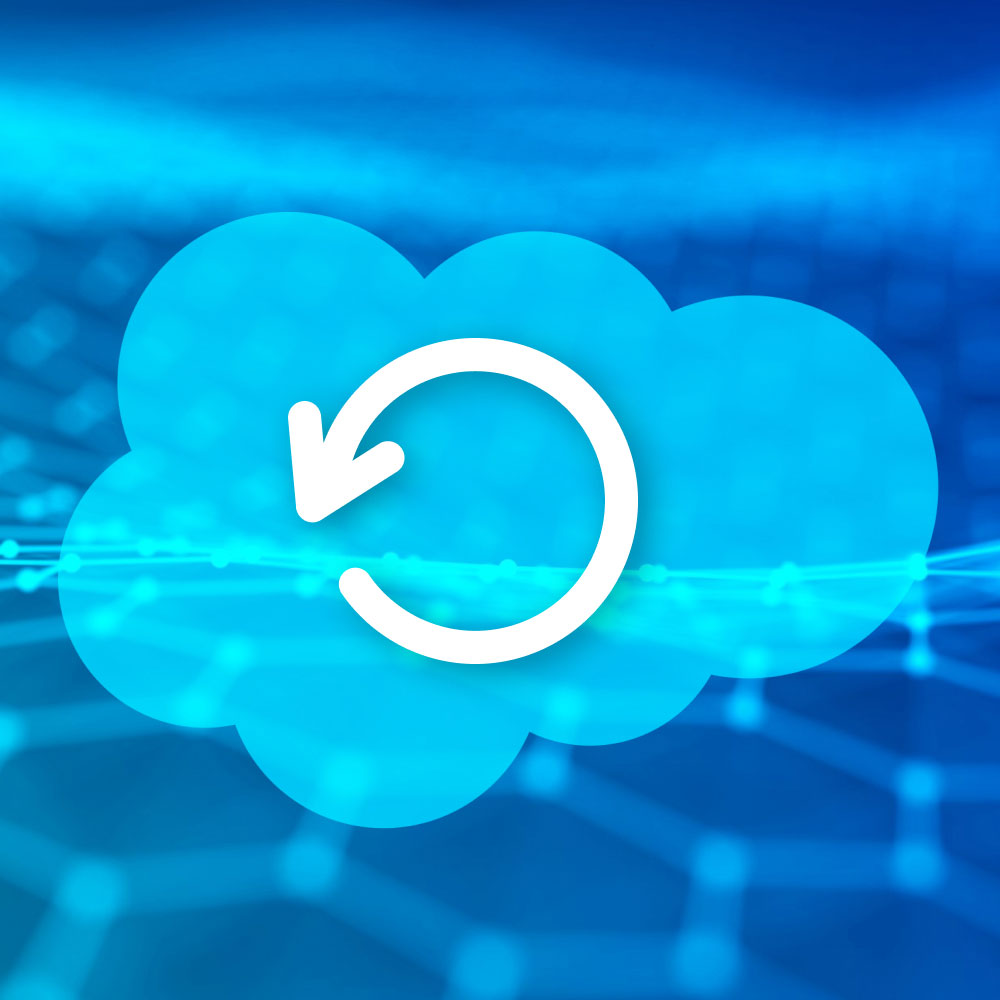Backing up salesforce is one of the most important things to do to protect your sales organization, and there are multiple reasons why it’s important to do so:
Salesforce says to do it
This Salesfore.com page says not to rely on the service formerly known as the Data Recovery service, as it is not available after July 31, 2020. The page mentions there are a number of tools to help you back up your Salesforce data, but the Data Recovery service is not one of them. While it does mention there are some native tools that can help, it also mentions the additional functionality provided by third-party tools, such as those provided by Druva.
You do not want Salesforce to restore your account
The biggest reason that many people don’t think about backing up Salesforce on their own is that the data is “in the cloud.” There’s a general feeling that if you use a cloud service, then data protection is taken care of. While there may be some basic protection, it’s not enough to protect you against a number of catastrophic events.
Catastrophic is anything that your recycle bin cannot take care of, which includes everything from the mundane to the unthinkable. Consider how easy it is for a standard SFDC user to use the data loader to accidentally delete thousands of records when they meant to update them (update and delete are one button away). A worst-case scenario would be a rogue employee updating a significant number of records with bogus information because they didn’t make their bonus last quarter. If any of these things happen, you’ll have no choice but to completely restore your account.
You used to be able to ask Salesforce to restore your account if something like this ever happened, but this is no longer an option. Salesforce decided that the Data Recovery service simply wasn’t something they should sell and/or wasn’t anything anyone wanted. For those unfamiliar with the service, it took 6-8 weeks to complete, it wasn’t a full restore, and it cost $10,000. It also didn’t include valuable metadata.
The recycle bin doesn’t have updated records
Another thing people think about is that if something bad happens, they will just restore it from their recycle bin. That’s a viable alternative for small things, such as accidentally deleting a set of records.
But the recycle bin contains only deleted records, not updated records. That means that if someone accidentally or maliciously updates records, you will not be able to restore those records using the recycle bin.
The recycle bin is smaller than you think
The Salesforce recycle bin is also not as big as you think (think of how powerful the data loader is, and how many records it allows you to delete at one time). To get the number of records you can store in your recycle bin, multiply the number of megabytes you have in storage by 25. If you have 5000 MB (5GB), you can store 125,000 records in your recycle bin. While this may sound like a lot, just realize that a rogue or incompetent admin can easily delete many more records than that using the data loader.
This is why during large deletes with the data loader, it will actually warn you that you are deleting more records than what will fit in your recycle bin. This means that an administrator who makes a big mistake could easily delete many more records than you can fix with the recycle bin.
The recycle bin only keeps records for 15 days
Some mistakes or attacks aren’t noticed right away. This is why most people keep backup history much longer than 15 days. But it’s important to understand that the recycle bin does not do that. It only holds records for 15 days. If a mistaken or rogue administrator does something that goes unnoticed for two weeks, you will not be able to bring it back via any mechanism other than the Salesforce restore service.
How much is your Salesforce data worth to you?
If you’re like many companies, your CRM data is some of the most valuable data you possess. Without it, your Salesforce cannot do its job. A long-term Salesforce outage could end up costing your company millions of dollars. That’s why it’s a good idea to follow Salesforce.com’s recommendation and seek third-party tools for your Salesforce backup.
Learn more about how Druva can simplify your Salesforce backup and improve data visibility and management for all of your SaaS applications.


